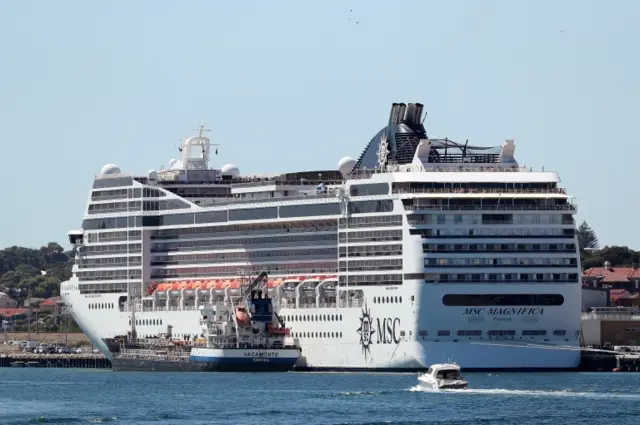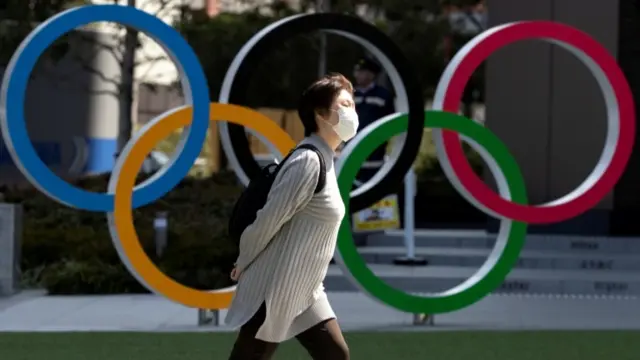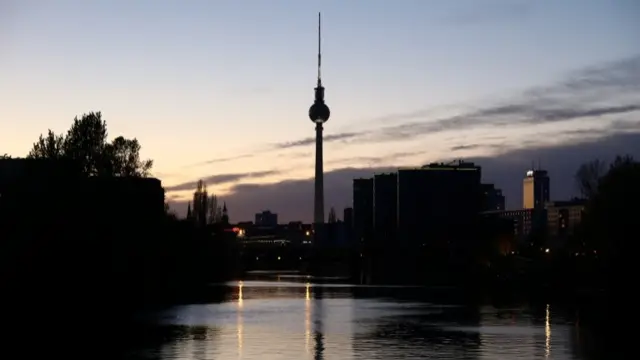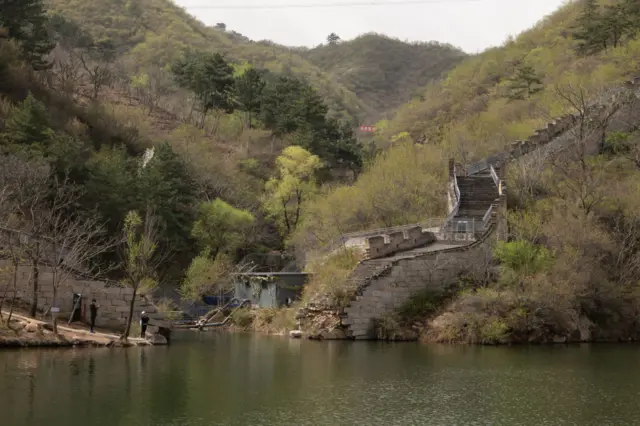Thai beaches reclaimed by naturepublished at 07:45 BST 20 April 2020
 Jonathan Head
Jonathan Head
BBC South East Asia Correspondent
Videos of black-tip reef sharks swimming right next to a beach, pictures of turtles, dugongs and dolphins swimming in empty, turquoise seas, and news of the first nests of giant leatherback turtles in years - these have raised hopes of a silver lining in the collapse of Thailand’s tourist industry.
Environmentalists have for years campaigned for restrictions on tourism in sensitive marine environments.
“With tourists around, there were thousands of daily boat trips all over the country,” says Thon Thamrongnawasawat, a marine scientist advising the department of national parks. “But once they stopped coming, the boats stopped and now marine animals can come closer to the shore.” These boats are the principal threat to marine life, damaging the coral, injuring larger animals and sometimes polluting the water.
Worapot Lomlim, the chief of the national park covering Maya Bay, said while there were no statistics to prove the correlation between Covid-19 and the recovery of marine life, the animals were appearing near the islands more often and "the colour of the sea has definitely become clearer and more vivid".
However, in the case of the leatherback turtles, they began nesting again last November, well before the outbreak. They are so rare that national park officials removed the eggs to a safer location to hatch. The remarkable recovery of the environment around islands which have been closed for three years already has demonstrated clearly that fewer tourists are better for marine life.
But tourism contributes around one fifth of Thailand’s GDP, and the government is keen to revive the industry as soon as possible. The reprieve being enjoyed by wildlife may not last long.
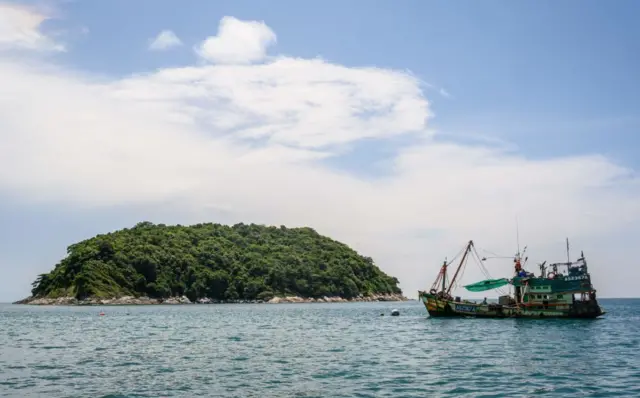 Image source, get
Image source, getBoats are the principal threat to marine life



